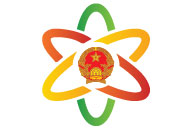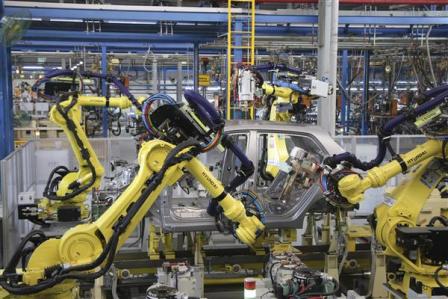
News
Taxes of automotive components are expected to reduce, VCCI agrees but VAMA worries
Summary
Updated on : 29-08-2017

VCN- Regarding the draft import tax policy for automotive components in the period 2018-2020 of the Ministry of Finance, the Vietnam Automobile Manufacturers Association (VAMA) and the Vietnam Chamber of Commerce and Industry (VCCI) had the first responses.

Photo: Nguyen Ha.
According to VCCI, in addition to the need to encourage the import of automotive components to boost the assembly industry of automobile, Vietnam also needs to develop the automotive supporting industry, components for production, increasing the localization rate of domestically produced automotive products.
Therefore, the design of tax policy measures allows simultaneous fulfillment of these 2 needs towards Import duty reduction only for cars that need to be encouraged to assemble domestically (vehicles under 9 seats and trucks) and keeping import tariffs on automotive parts where domestic production capacity (the remaining automotive parts) is maintained.
As for tax reduction options, the Ministry of Finance is proposing two options for taxation: Option 1: Reduce tariffs on all 163 tariff lines to 0%. Option 2: Reduce 19 tariff lines to 0% and reduce 42 tariff lines to 10%.
VCCI has chosen option 1 and said that the scheme would have more incentives for businesses, thus speculating that it would encourage the import of more related components, promoting assembly of the relevant vehicle lines as the objective stated in the Draft.
Regarding the proposal to amend the tariffs on used cars, VCCI requested the Drafting Board to explain more specifically the import situation (especially trade frauds) of each vehicle as well as the impact of the tax adjustment on each proposed adjustment (if any).
Regarding the tax policy on used cars, VAMA agreed with the Ministry of Finance's proposal, applying the highest import tariffs for used cars in order to contribute to environmental protection and domestic production.
As for import tax policy on automobile parts, VAMA said that since the import tax on cars made from ASEAN would be reduced to 0% from 2018, it is recommended to reduce the import tax to 0% from 2018, applying for all imported CKD components by automobile manufacturers, as well as applying to all materials, semi-finished products imported by the manufacturer without any conditions.
VAMA said that such application only created a balance of import taxes between domestically produced vehicles and imported vehicles, rather than incentives for domestic production.
For domestic production support policies, the agency recommended that the Ministry of Finance should formulate policies to support to increase the competitiveness and cost of imported vehicles in order to maintain the automobile industry and to attract more investment in Vietnam.
By Hong Van/ Hoang Anh
Most Recent News
| Title | Category | Created On |
|---|---|---|
| Hội nghị Đối thoại về Quản lý Rủi ro Kiểm soát Thương mại Chiến lược | News | 2026-01-19 14:30:37 |
| Hội nghị Đối thoại về Quản lý Rủi ro Kiểm soát Thương mại Chiến lược | News | 2026-01-19 14:30:33 |
| The Department of Viet Nam Customs signed a Statement of Intent to enhance cooperation with the Australian Border Force | News | 2025-12-18 15:40:33 |
| The Department of Viet Nam Customs held a working meeting with the high-level delegation of the ASEAN-Europe Business Council and the European Business Association in Viet Nam | News | 2025-12-17 15:22:59 |
| Cục Hải quan Việt Nam tiếp và làm việc với Phái đoàn cấp cao của Hội đồng kinh doanh ASEAN - Châu Âu và Hiệp hội doanh nghiệp châu Âu tại Việt Nam | News | 2025-12-11 14:39:37 |
Search All News
|
A Quick Intro |
Search Trade Information
|
|
|
|
|
|
|
|
|
|
|
|
|
|
Feature Information
|
|
|
|
|
|
|
|
|
|
|
Information & Articles
|
|
|
|
|
|
|
|
|
|
|
|
Contact Us! If you cannot find what you require in this website please feel free to contact us. Click here to send us a message >>>
|